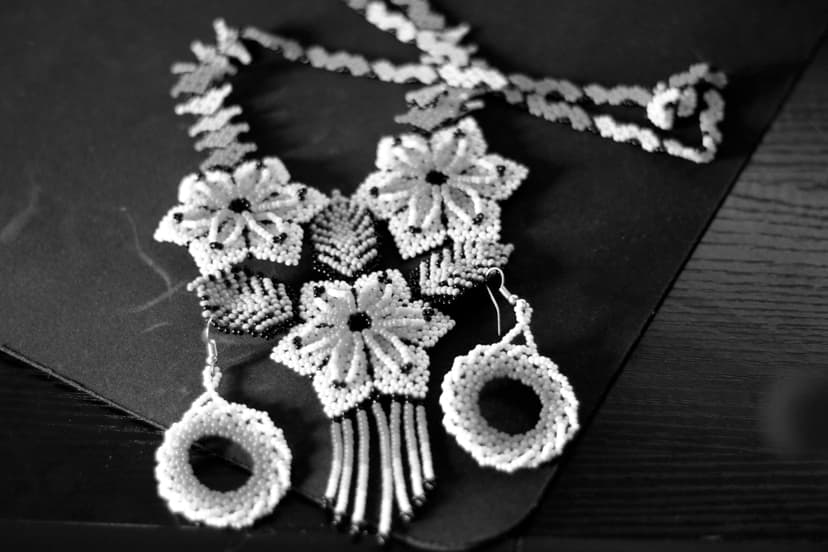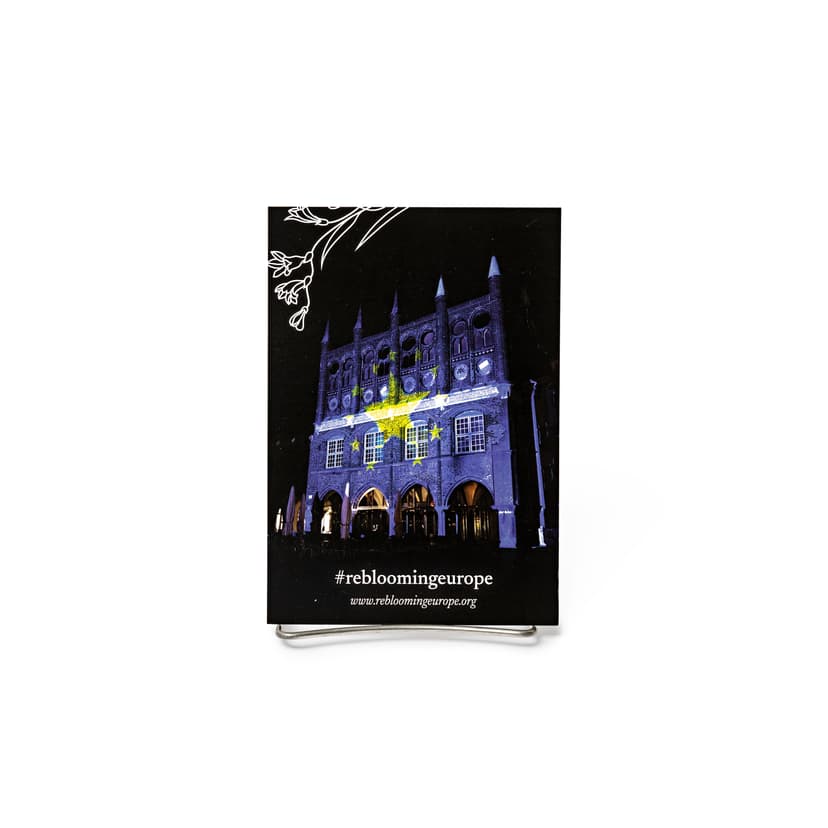I was born in Istanbul. When I was three years old, my mother and I came to Germany. My mother was a single Turkish mother and, in the eyes of many people, considered modern. For example, she doesn't wear a headscarf and would also drink alcohol and, theoretically, eat pork if she liked it. In my opinion, my mother believes in something divine, but in the eyes of many Germans, she doesn't behave like a typical Muslim.
In Germany, we first lived in Oldenburg, and the last thing I experienced there was "openness." When we then moved to Lübeck, I immediately fell in love with the city and have lived here for a very long time now. I was immediately enthusiastic about many things.
Looking back, I would say that, on the one hand, I was raised very freely. At 16, I was allowed to party hard and long, which isn't always the norm for many children raised in a Turkish culture. I also went to a lot of techno parties. Back then, my boyfriend organized a series of parties where I often went. That was my first real encounter with techno music in Lübeck. These parties were very important to me and my friends. My mother knew about them and even had a flyer for these parties hanging on her fridge. She didn't mind me partying and spending a lot of time with friends. She also preferred that I drink alcohol openly rather than hide it. In other, sometimes irrational areas, she was very strict and, unfortunately, not particularly open. But that was mainly because she herself had health problems. It wasn't easy for her as a young single parent. My mother had me when she was 23; my father was 21 and barely kept in touch with us. My mom herself comes from a difficult family background. She's the most important person in my network, but also the one with whom I clash the most.
It wasn't easy for us. Also because some people weren't open to her. It started with the apartment search. We had hardly any money, and what little money we had, my mother had to spend on a childminder. We could try as hard as we wanted, but we couldn't get out of our bubble. Many people treated my mother with prejudice because she was Turkish and a single parent. It must have been so exhausting, being in a strange city with a small child, without family or friends. With her work, she could barely expand her circle of friends. I was more of the person in our family who made friends. We were never really part of the "Turkish community" here. This was also due to the fact that I went to a supposedly socially prestigious school. In Lübeck, I went to a Gymnasium (high school) where I saw and experienced little diversity. We had only one Black student in our entire school, who eventually dropped out. Otherwise, I was considered half-Turkish—the most diverse person in the class. I stood out, also because most of my classmates had parents who were not yet separated and lived together.
Overall, I've always felt very German, if you can put it that way. I came to Germany when I was three and now speak very little Turkish. When people ask me how I feel about being Turkish, it's difficult. There's something inside me that feels drawn to Turkey and familiar with it, but especially back then, I had hardly any connection to the country. I didn't even dare wear a bracelet with the Turkish eye. There were a few situations in which I noticed that the others were trying to exclude me. For example, I once received a C- for an essay in German. The teacher discussed my essay in front of the class. She said that from my work, it was obvious that I only spoke Turkish with my mother at home. Many in the class had lower grades than me, without it even being mentioned. Luckily, one of my German friends immediately spoke up and told my teacher to stop saying such things. It was great that she had the courage to stand up to the teacher at the age of 13. After graduating from high school, I worked in a residential group for people with disabilities. I then studied educational science and entered social work. Today, I work with children and adolescents, as well as with adults with mental illnesses. I would say that I can empathize with many of my clients because I've had similar life experiences. Things haven't always gone smoothly and well for me either, at least not as advised or desired. I am very open-minded towards the families and people I care for. Over the past six years of my work, I've realized that I am confronted with so many different life stories and biographies, and I want to be open-minded towards them. To be able to appreciate people at all, you have to be open and accept and tolerate different life models and approaches. This conviction runs through my entire life: I have a very diverse circle of friends from different walks of life. And I'm now in therapy. If you want to be open with other people, you should also be open with yourself.




